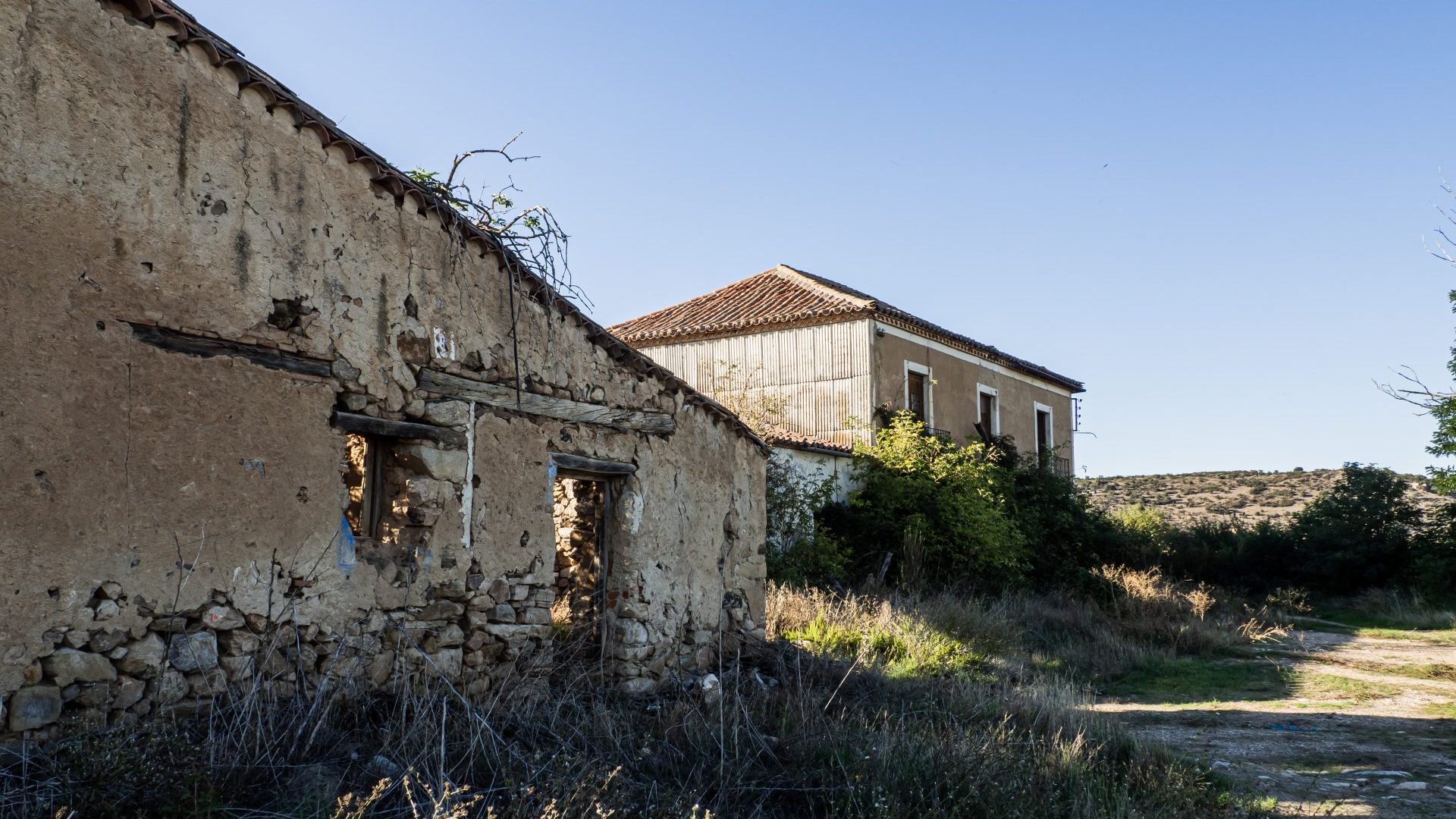The German chancellor is running out of time. Olaf Scholz may have another half-term left in office until the next general election in 2025, but in truth there’s only a couple of months for him to prevent the next crushing electoral blow to his Social Democratic Party (SPD), and – more important for German society – the next gestures of triumph from grinning AfD officials.
Last Sunday saw their jubilant celebrations upon having reached a record high in two state elections. In. The. West. Of. Germany.
I’m stressing this because too many Germans have believed for too long that the far right and partly extremist party is an eastern phenomenon.
Reassuringly, two democratic parties, CDU and CSU, won on Sunday, with improved or at least stable results. Also, the AfD did not fare as well as in recent polls (20-25%).
Unsettlingly, though, the AfD is now the second largest party in Hesse with 18.4% of the votes, gaining more than five percentage points since 2018. In Bavaria they failed to reach that goal and came third with 14.6% (up 4.4 points), only thanks to the conservative so-called Free Voters party.
Election-day polls among the AfD electorate are even more reason for concern as they show a change of mindset, from protest to conviction. For years, a vote for the AfD was basically a disappointed middle finger to the political establishment. On Sunday, however, surveys saw between 38% and 47% of AfD voters declare a firm belief in the party, which will make it more difficult for political competitors to win them back. And 85% of those polled even said they “don’t care that the party has an extreme-right faction as long as it addresses the proper issues”.
The two state elections have proved yet another fact: AfD is gaining voters not just from CDU/CSU but from all – I repeat, all – other parties and from former non-voters. High time for the left-of-centre parties to stop treating AfD like a problem the right-of-centre parties must deal with alone.
Analysis differs about whether migration issues were top of voters’ minds (as opposed to the economic situation, climate and energy policy, cost of living, schooling etc), but there is absolute consensus that these state elections weren’t about state issues, but about Olaf Scholz’s three-party coalition.
And one poll the public broadcaster ARD showed on election night was aimed directly at his government: 80% of all voters in Hesse and Bavaria expect “a fundamentally different asylum and refugee policy, so that fewer people come to us”. Even a majority, albeit a narrow one, of green voters agrees.
These are not, mind you, East German voters who grew up in an illiberal and non-diverse environment, to say the least, and then suffered through economic duress after re-unification. Hesse and Bavaria – just look at the well-off surroundings of Frankfurt and Munich – are among Germany’s economic powerhouses.
In less than 12 months there will be state elections in Saxony, Thuringia and Brandenburg. AfD could pull a victory in at least one of these Bundesländer, and the chancellor’s SPD may be kicked out of at least one of the state parliaments altogether, if they fail to get to 5% (in Saxony, the result was 7.7% in 2019).
In a weird twist, the sickening attacks on Israel and its people are even feeding the AfD narrative. Their voters don’t seem to care about the party’s own antisemitism, their blanching over Nazi horrors and their submissive adoration of Tehran- and terror-ally Vladimir Putin.
But videos of Palestinians and their supporters handing out sweets in the streets of Berlin after the barbaric Hamas attacks, of youths with Palestinian flags clashing with the police, and of known Lebanese mafia members celebrating antisemitism on Instagram do help the AfD claim that German governments have let the wrong people into the country.
Never mind that the AfD only ever care for Jewish people if they can use them to take a swing at Muslims.
The fact remains: a few years ago the AfD was on the brink of extinction until the refugee crisis resuscitated the party. Today, since Russia’s war against Ukraine, Germany has accepted more refugees and migrants than in 2015-16. And municipalities cannot cope any longer.
You know the needlepoint phrases about crisis being an opportunity to show character, to shine as a leader. Well, I wish…
At the moment, my best hope is that our chancellor and his government will prevent the bad from getting worse. And I’m not convinced they can manage this minimum expectation.




